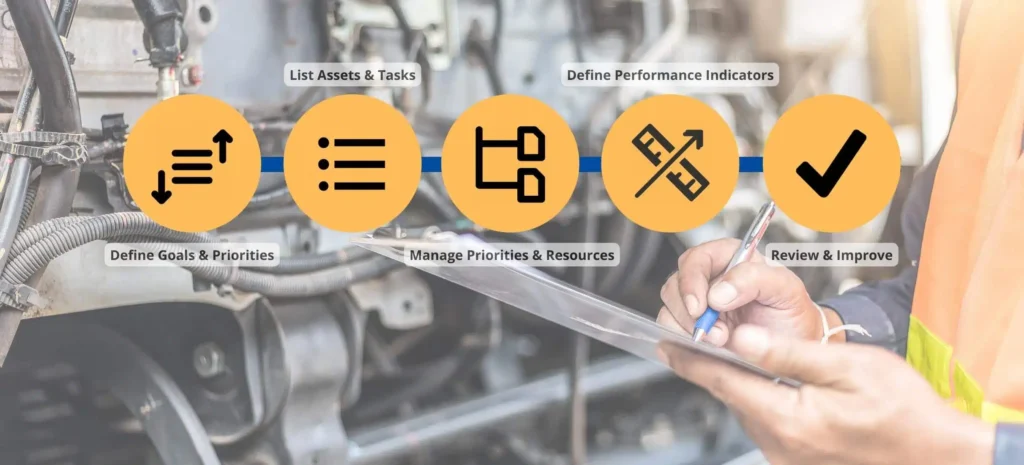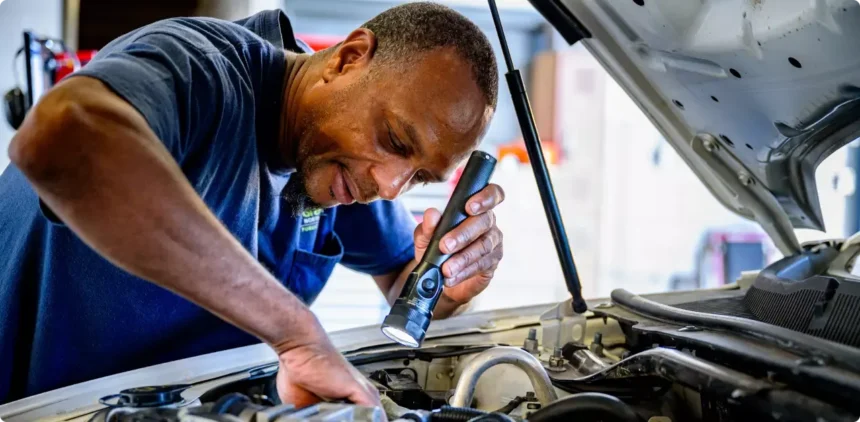Owning a vehicle comes with a responsibility that goes beyond just driving—it requires consistent care and maintenance. Regular car maintenance is crucial to ensuring that your vehicle remains in peak condition, preventing costly repairs, and extending its lifespan. Neglecting basic upkeep can lead to serious mechanical issues, higher fuel consumption, and even safety hazards on the road.
The Benefits of Regular Car Maintenance
Routine car maintenance offers several benefits, including improved vehicle performance, increased fuel efficiency, and enhanced safety. A well-maintained car runs smoothly, consumes less fuel, and has a lower risk of breaking down unexpectedly. Additionally, consistent upkeep ensures that all components, from the engine to the brakes, function properly, reducing the chances of accidents caused by mechanical failure.
Another significant advantage is cost savings. Many car owners overlook maintenance, thinking it saves money, but in reality, neglecting routine check-ups often leads to expensive repairs. Replacing an entire engine or transmission due to a lack of oil changes can be financially draining compared to the minimal cost of regular servicing.
Essential Car Maintenance Tasks
Keeping up with regular car maintenance involves several key tasks that every vehicle owner should prioritize. These essential checks and services ensure the car’s reliability and efficiency over time.
1. Regular Oil and Filter Changes
Oil is the lifeblood of a vehicle’s engine, providing lubrication and reducing friction between moving parts. Over time, engine oil breaks down and becomes contaminated with dirt and debris, leading to potential engine damage. Regular oil changes, typically every 3,000 to 5,000 miles, help keep the engine running smoothly and efficiently.
The oil filter also plays a crucial role in maintaining engine health by trapping impurities. A clogged filter can restrict oil flow, leading to increased wear and tear on engine components. Ensuring both the oil and filter are replaced regularly prevents costly engine repairs in the long run.
2. Checking and Replacing Fluids
Apart from engine oil, several other fluids are essential for a vehicle’s optimal performance. These include transmission fluid, coolant, brake fluid, and power steering fluid. Low or contaminated fluids can lead to serious mechanical issues, such as overheating or brake failure.
Checking fluid levels regularly and topping them off when needed ensures smooth operation. In some cases, a full fluid flush is necessary to remove contaminants and maintain system efficiency. Keeping all fluids in check is a simple yet effective way to extend the life of your vehicle.
3. Tire Maintenance and Alignment
Tires are one of the most critical components of a car, directly affecting performance, safety, and fuel efficiency. Underinflated or overinflated tires can lead to uneven wear, poor handling, and increased fuel consumption. Checking tire pressure regularly and ensuring it meets the manufacturer’s specifications helps maintain proper traction and stability.
Additionally, wheel alignment and tire rotation prevent uneven wear and improve overall driving comfort. Misaligned wheels can cause steering issues and excessive tire wear, leading to premature replacements and added costs. Proper tire maintenance enhances both safety and fuel economy.
4. Brake System Inspections
A well-functioning brake system is essential for safe driving. Worn-out brake pads, leaking brake fluid, or malfunctioning brake components can put both the driver and passengers at risk. Regular brake inspections help identify issues before they become serious safety hazards.
Signs of brake problems include squeaking noises, a soft brake pedal, or vibrations while braking. Addressing these issues early prevents costly repairs and ensures the braking system remains reliable in emergency situations.
The Role of Preventive Maintenance

Preventive maintenance goes beyond basic servicing—it involves taking proactive steps to identify potential problems before they escalate. This includes checking belts and hoses for wear, inspecting the battery, and keeping an eye on the exhaust system. Small issues, such as a worn serpentine belt or a weak battery, can cause significant breakdowns if left unchecked.
Following the manufacturer’s recommended maintenance schedule is one of the best ways to ensure preventive care. Many car manuals outline specific service intervals for different components, making it easier for owners to stay on top of necessary maintenance tasks.
The Impact of Neglecting Car Maintenance
Failing to keep up with routine car maintenance can lead to severe consequences, including costly repairs, reduced fuel efficiency, and potential breakdowns. For example, skipping oil changes can result in sludge buildup, which leads to engine damage. Ignoring tire maintenance can cause blowouts, increasing the risk of accidents on the road.
Another consequence of neglecting maintenance is decreased vehicle value. If you plan to sell or trade in your car in the future, a well-maintained vehicle will fetch a higher resale price. Buyers are more likely to invest in a car with a complete service history than one with a record of neglected maintenance.
Professional Maintenance vs. DIY Maintenance
Many car owners prefer to handle basic maintenance tasks themselves, such as oil changes, tire pressure checks, and fluid top-offs. DIY maintenance can be cost-effective and convenient, provided the owner has the right tools and knowledge. However, some tasks, such as engine diagnostics and transmission repairs, require professional expertise.
Taking your car to a certified mechanic for regular inspections ensures that potential issues are diagnosed accurately and resolved efficiently. Professionals use specialized tools and diagnostic equipment to detect hidden problems that might go unnoticed during DIY maintenance.
The Future of Car Maintenance: Technology and Innovation
Advancements in automotive technology are transforming the way vehicles are maintained. Many modern cars are equipped with smart sensors and diagnostic systems that alert drivers about potential issues. These innovations make it easier to stay ahead of maintenance needs and prevent breakdowns before they occur.
Electric vehicles (EVs) also have different maintenance requirements compared to traditional gasoline-powered cars. While EVs eliminate the need for oil changes, they still require regular battery inspections, brake servicing, and tire maintenance. As technology evolves, car maintenance will continue to adapt to new vehicle designs and smart systems.
Conclusion
Regular car maintenance is an essential aspect of vehicle ownership, ensuring optimal performance, safety, and longevity. From oil changes to brake inspections, every maintenance task contributes to a reliable and efficient driving experience. Neglecting upkeep can lead to costly repairs, safety risks, and decreased vehicle value.
Whether you prefer handling basic maintenance yourself or relying on professional services, staying proactive about car care will save you time and money in the long run. As automotive technology continues to evolve, embracing smart maintenance solutions will further enhance vehicle performance and reliability. Prioritizing routine car maintenance is the key to enjoying a smooth, trouble-free ride for years to come.
